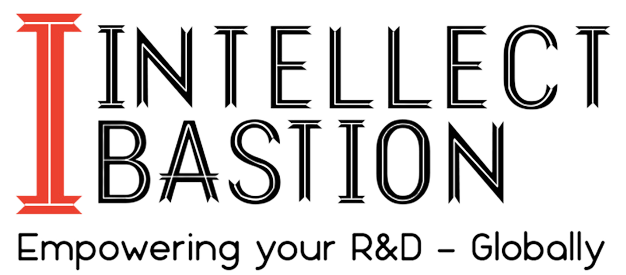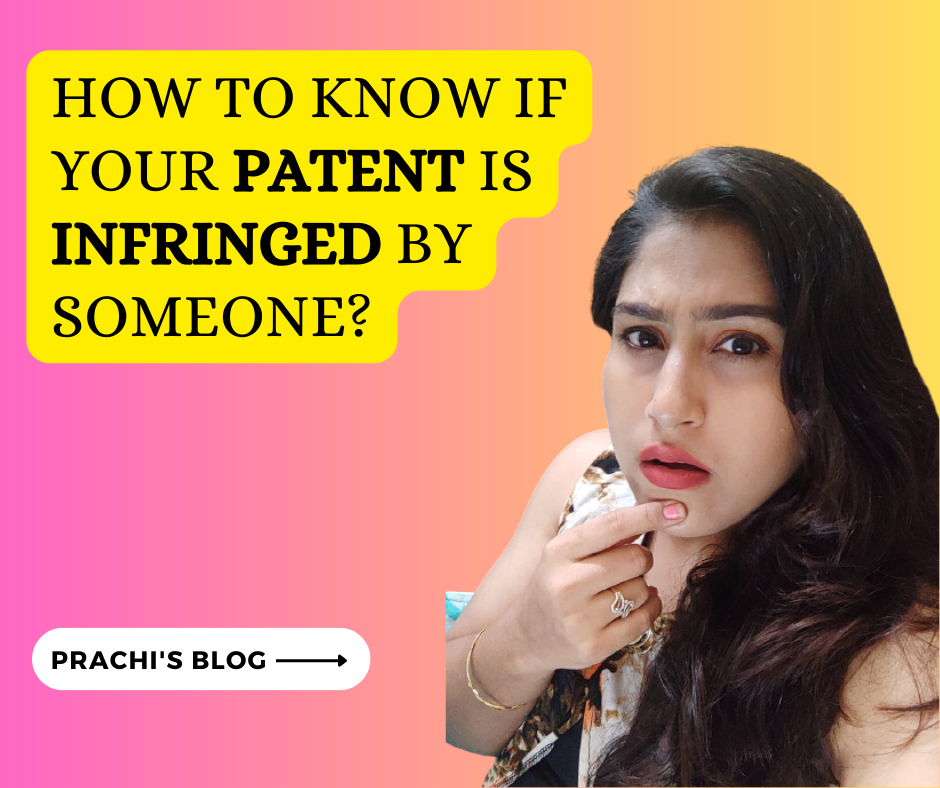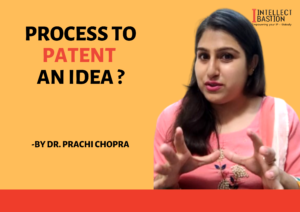Hey Buddy,
Are you afraid that someone is using your invention and how to validate it as an infringement? May be you are let us say a Person A, who owns a patented product and there is a Person B whom you feel is misusing your patented product for his personal commercial benefits. Here, person B may be using a same or similar invention as yours, on which you own a patent and affecting your market share through his infringing business. So now, you want to know about the exact criteria of patent infringement and want to assure that Person B is doing something wrong and you can take action against him being legal owner of the invention which is being infringed.
So let’s dive into the answer:
Firstly, you should atleast be sure that your patented invention is novel, inventive and useful, implying it to be valid and enforceable. As a next step, critically analyze if the features of the accused product or process of Person B (accused infringer) fall within the scope of claims of your patented product or process. Critically analyze each claim of your patent against features of the accused product/process and do claim mapping.
The outcome of the analysis may be either of the three below:
- The patented product is totally infringed as all the features of the accused product exactly match with the claims of my patented product.
- The patented product is not infringed as none of the features of the accused product match with the claims of the patented product.
- The patented product is substantially or partially infringed as only some features of the accused product match with the claims of the patented product.
On being sure of complete or partial infringement and being sure that Person B is either making, using, selling, importing and/or offering for sale the accused product without your permission, you can say that your patented product is indeed infringed.
One important point to be considered here is that the concept of patents and infringement are territorial in nature. Which means that a person making, using, selling, or importing your invention in some other country where you have not got the patent cannot be blamed for infringement. What I mean by this is, if for instance, you have a patent in India, You cannot take action against someone using your invention in let us say China or Japan or United States unless you have a patent in any of those countries as well. Such is the beauty of patent law.
Summarizing whatever is written above, infringement of a patent occurs when someone within the jurisdiction where the patent is granted engages in activities that fall within the scope of the patented claims without the authorization of the patent holder. The patent holder can take legal action within that jurisdiction to enforce their rights and seek remedies for infringement
For getting professionally prepared infringement analysis reports and claim mapping for any country for that matter, you may get in touch with Intellect Bastion, Click here to get more details.
As an affected grantee of the patented product, you may always seek justice at the district court or high court, wherein the reliefs provided on proving successful infringement may be injunction of the accused product/process, account of damages or account of profits, and destruction and seizure without compensation.
However, the type of relief granted to you as valid owner of the infringed product depends on different factors such as is the accused product patented or not or may be patented by mistake by the Indian Patent Office after the date from which you own the patent? Also, is the accused product/process exactly the same as your patented product or only some portions of the accused product infringe your patent? (Here, the burden of proof to prove the infringement lies on the patent holder). Coming onto one more factor, is the infringement intentional wherein the accused person knew that there is a patented product already and still he continued commercializing the infringing product, or is the infringement unintentional wherein the accused person was unaware of existence of such a patented product.
Having read the content above, it is important to mention here that certain activities in India particularly are considered as Non-infringing activities as are essential for the society and technology growth:
- Make or import of the patented product or use of the process by the government for its own use.
- Make or import of the patented product or use of the process for the purpose of research, experimentation or education.
- Make or import of the patent drugs by the government for its own use or may be for distribution in dispensaries, hospitals and medical institutions.
- A few more specific scenarios like accident arrival of a foreign vehicle, licensing of patented product from a legally authorized vendor, etc.
Hope you are more educated and informed now regarding the concept of infringement of a patented product.
My company Intellect Bastion professionally prepares infringement analysis reports and claim mappings for all countries, globally. Click here to get more details.
To check all the services provided by Intellect Bastion, visit our service page.
Schedule an Appointment here to discuss your specific requirement.





